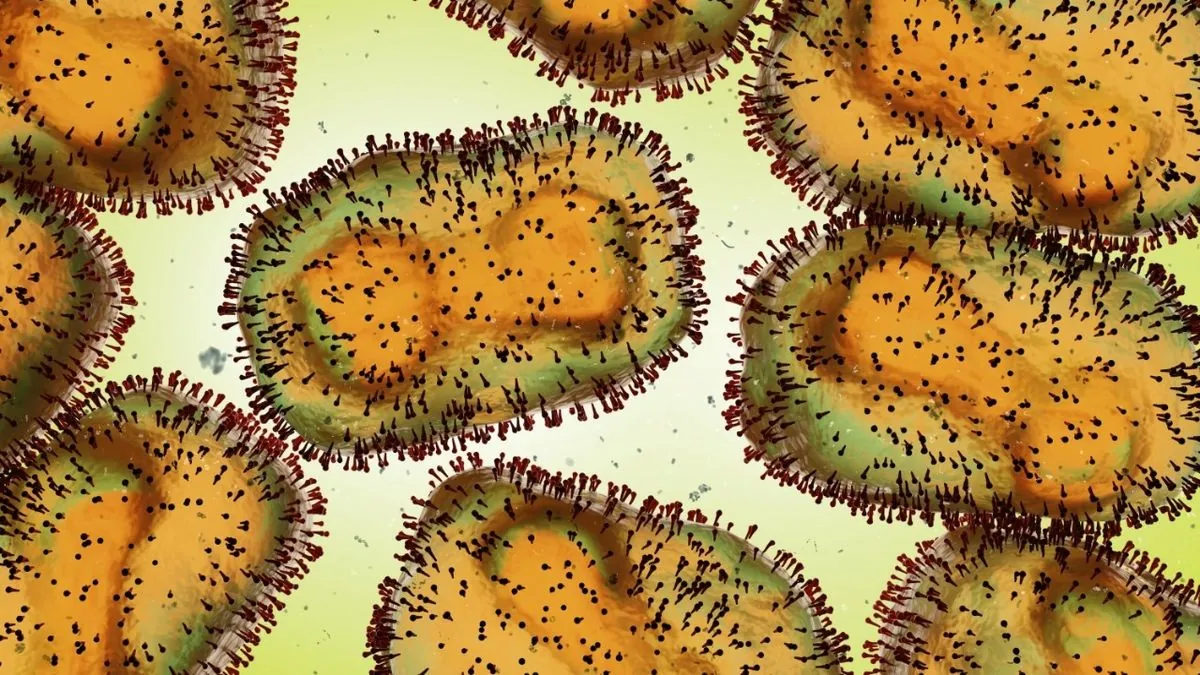The European Centre for Disease Prevention and Control (ECDC) has elevated its risk assessment for mpox from "low" to "moderate" on August 15, 2024. This decision comes in the wake of the first confirmed case of a new mpox strain outside Africa, specifically in Sweden.
Pamela Rendi Wagner, director of ECDC, stated that Europe should anticipate more imported cases of the new strain in the coming weeks due to close connections with Africa. However, she emphasized that the risk of sustained transmission remains low.
"Mpox is now a global public health emergency, requiring coordinated international response."
The World Health Organization (WHO) declared mpox a global public health emergency on August 13, 2024, following an outbreak in the Democratic Republic of Congo that spread to neighboring countries. This declaration represents the highest form of alert issued by the WHO.
Mpox, a viral infection causing pus-filled lesions and flu-like symptoms, is typically mild but can be fatal in some cases. Two strains are currently circulating in Congo: the endemic clade I and a new variant called clade Ib.
Interestingly, the first human case of mpox was recorded in 1970 in the Democratic Republic of Congo. The disease is caused by the monkeypox virus, which belongs to the same family as smallpox. Historically, the fatality rate for mpox has ranged from 0% to 11% in the general population.
On August 16, 2024, Pakistan confirmed a case of mpox in a patient returning from a Gulf country, though it's unclear which strain was involved. Unlike COVID-19, mpox primarily spreads through close physical contact, including sexual contact, rather than through the air.
The WHO advises against travel restrictions to curb the virus's spread. However, China has announced plans to monitor people and goods entering the country for mpox over the next six months.
Global health officials are emphasizing the need for increased diagnostic capabilities, treatments, and vaccines in Africa to effectively respond to the outbreak. The head of Gavi, a global vaccine alliance, revealed that up to $500 million is available to provide vaccines to affected countries in Africa.
In response to these developments, pharmaceutical companies involved in mpox vaccine production and development saw significant stock market gains. Bavarian Nordic, a Danish biotech firm, experienced a 20% surge in share price after submitting data for approval to extend its mpox vaccine use to adolescents aged 12 to 17.
It's worth noting that the smallpox vaccine is approximately 85% effective in preventing mpox. Additionally, antiviral drugs developed for smallpox may prove effective in treating mpox infections.
As the situation evolves, health authorities worldwide remain vigilant, working to ensure fair global access to testing, treatment, and vaccination resources.
